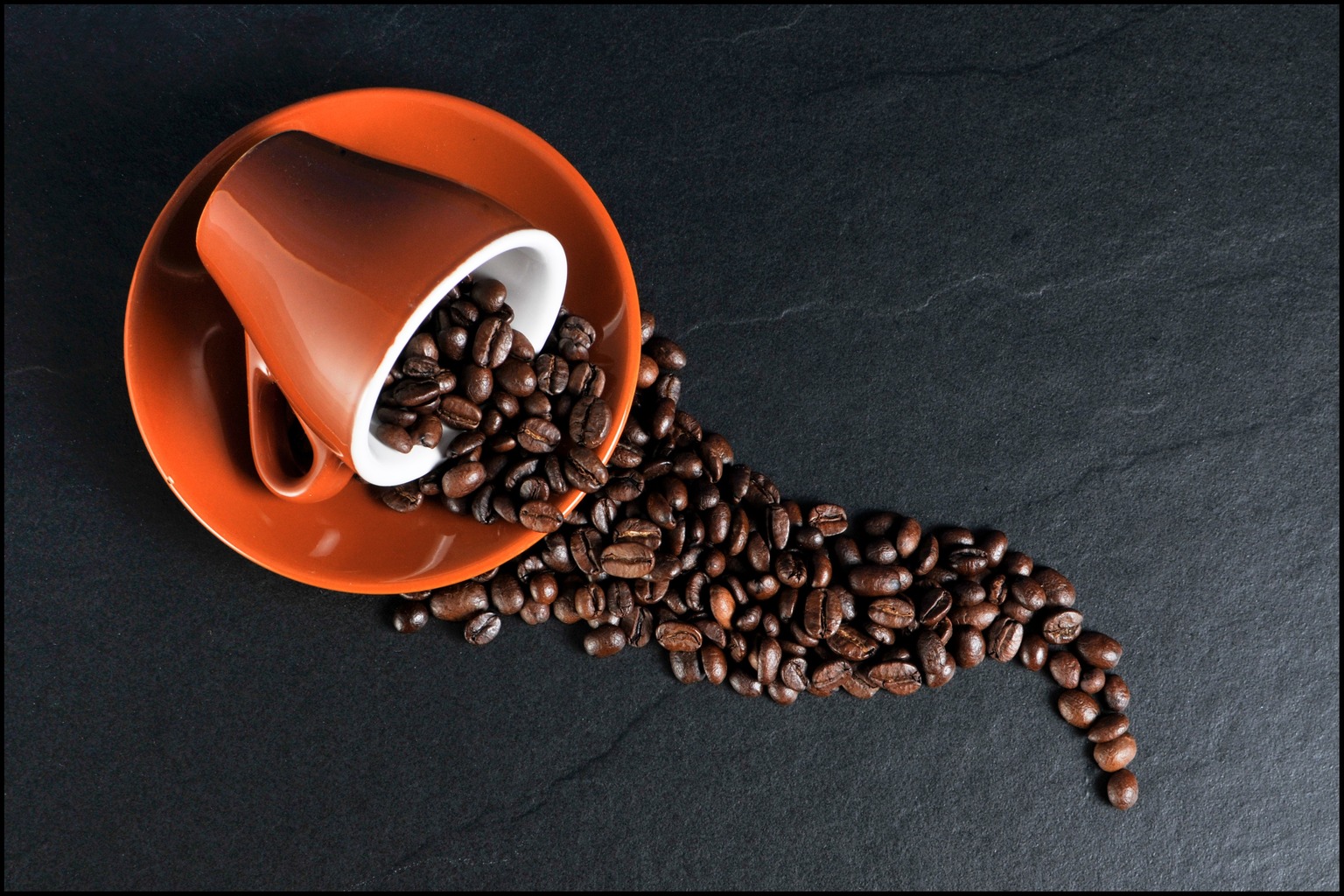The best agencies and the biggest budgets sometimes can’t save brands from themselves. Fortunately, we can learn from the cringe-worthy mistakes that these brands have made.
#1. Keurig 2.0
When Keurig started pushing K-Cups, or single-serving coffee pods, there was some early pushback from environmentally conscious customers who decried the massive waste generated by throwing away billions of non-recyclable plastic cups every year.
In spite of this, Keurigs became ubiquitous in offices and kitchens across America. Keurig’s popularity took a nosedive with the rollout of Keurig 2.0, though—the newer machine uses a scanner to ensure that users are brewing only the brands of coffee licensed by Keurig.
What’s more, Keurig discontinued its refillable pod, which had been its concession to those pesky environmentalists, as well as a plus for customers who wanted to enjoy their fair trade/locally roasted/artisan coffee.
Keurig stock tanked, and the company could not recover even after reintroducing the refillable pod and promising to expand its licensing to more coffee brands.
Lesson: You can lead a horse to coffee, but you can’t make him drink.
People generally don’t like being told what to like, especially when it comes to our lifeblood coffee. Keurig overstepped its boundaries by trying to control purchase behavior, rather than by giving its customers what they were asking for.
#2. Bloomingdale’s
Sometimes we see ads or campaigns that are so out of touch we would swear they were conceived and executed in a secret camp miles below the surface of the earth. Such was Bloomingdale’s “spike her eggnog” ad—or, as it’s come to be known, its “date rape” ad. After a tidal wave of incredulity and shaming broke, Bloomingdale’s pulled the ad and apologized.
After all of the allegations of rape and all of the experiences of survivor trauma that we read about this year, we were very sensitive to the already sensitive subject when this ad ran.
Lesson: Read the news, for Pete’s sake.
#3. DiGiorno
In 2014, DiGiorno Twitter handlers took advantage of a trending hashtag—#WhyIStayed, about the reasons women stay in abusive relationships—without bothering to figure out what the hashtag was all about. Thus, “#whyistayed You had pizza."” was posted, and the internet melted like a cheese-stuffed crust.
DiGiorno apologized profusely and admitted that it had not looked at context before posting.
Lesson: Look at context before posting.
#4. Epicurious, Kenneth Cole, Gap, and the list goes on…
Speaking of hijacked hashtags, it’s a good time to point out that natural disasters, violent political uprisings, and acts of terror are not sales opportunities, so don’t treat them as such.
Lesson: People choose to align themselves with brands that mirror their values. Lose your values and you’ll lose your fan base, too.
#5. Tidal
The world waited in great anticipation for Jay Z to launch Tidal, a music streaming service that promised to change the way we listened to music. The service, disappointingly, was revealed to be on par with the other major fee-based music subscription services already on the market, as far as quality and pricing.
Fans of Jay Z (or non-fans of Spotify and Apple Music) might have jumped on board with Hova if it wasn’t for Tidal’s bizarre launch event; a lineup of superstars including Alicia Keys, Beyonce, Kanye West, and Madonna took turns signing the Tidal “manifesto,” whose stated mission is to “reestablish the value of music.”
Jay Z’s vision didn’t translate to the public, which saw the service as a money grab for the already wealthy artists, and took to social media to say so—loudly.
In an interview with the New York Times, Tidal’s Chief Investment Officer, Vania Schlogel, said of the launch and resulting negative feedback, “It was frustrating because we knew in our hearts what the intent was and we didn’t do a good enough job telling the story for ourselves.”
Lesson: If you don’t tell your own story, and tell it well, you risk losing control of how people perceive your brand.


